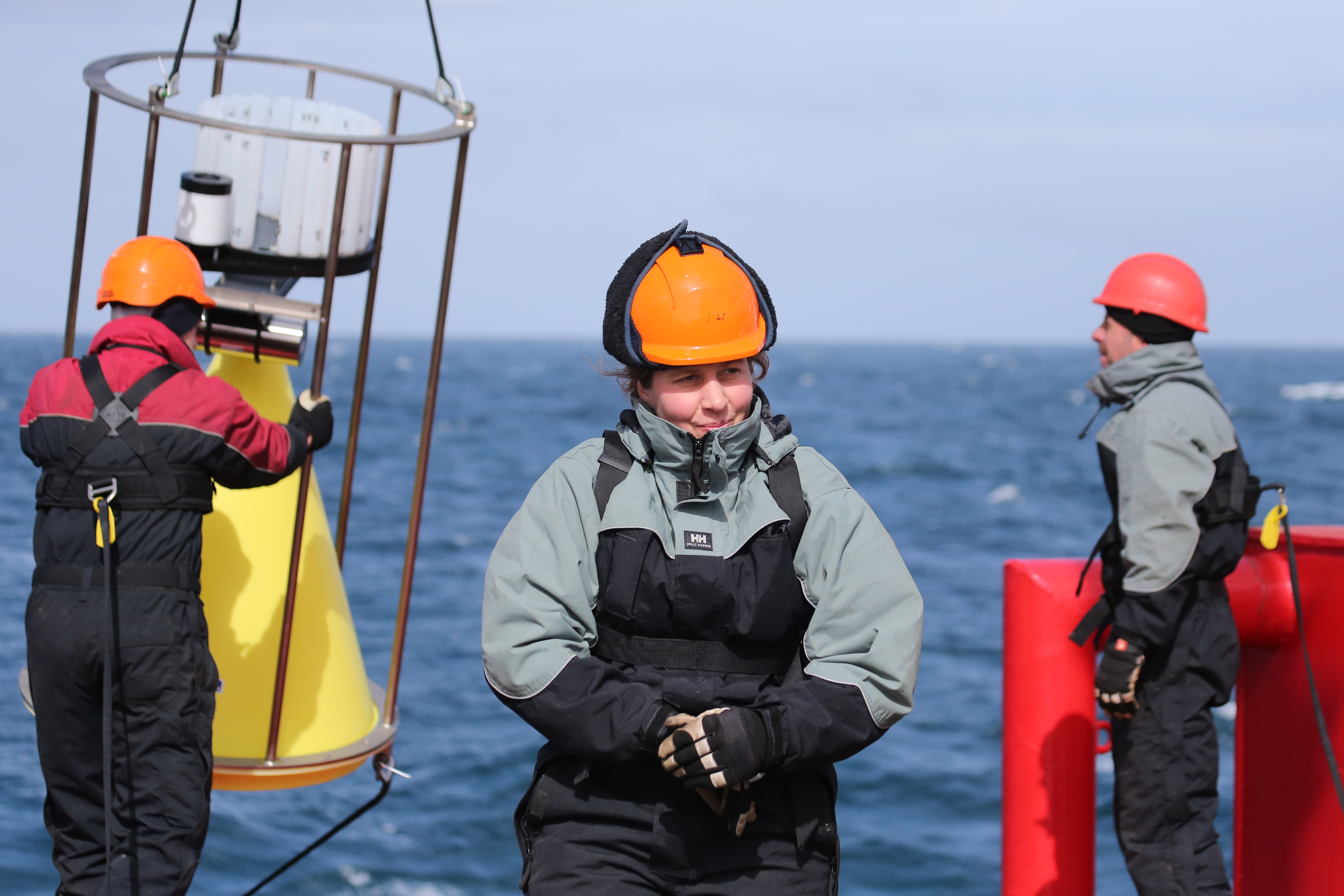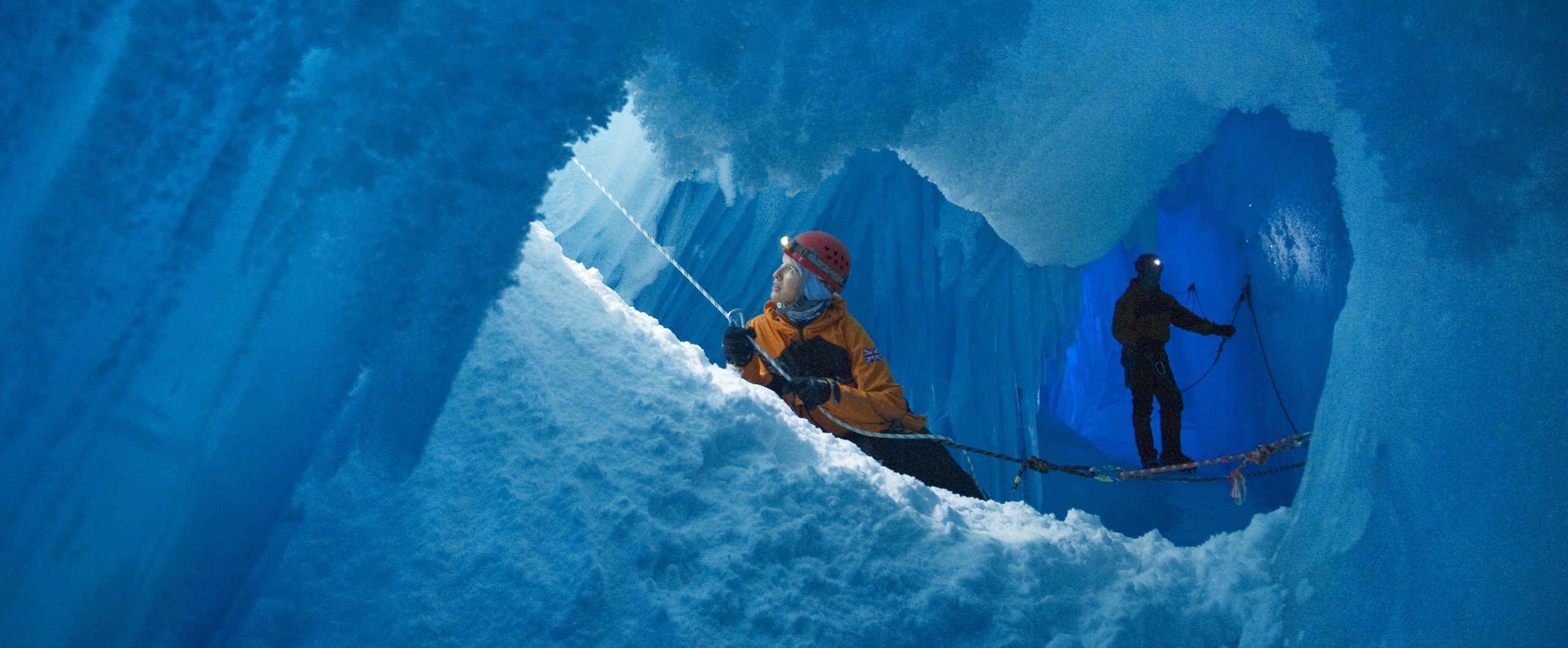Opportunities for Antarctic research – Apply now
Applications to carry out small-scale research projects in the Antarctic in the 2022/23 season are invited from UK-based researchers.
The Collaborative Antarctic Science Scheme (CASS) provides opportunities for scientists in UK Higher Education Institutes and other approved research organisations to conduct fieldwork which either enhances funded research that has secured BAS logistics support, or supports early-stage research in preparation for submitting a full NERC grant proposal. Meeting the training and development needs of UK scientists at an early stage of their careers is an important part of NERC’s responsibilities. CASS proposals which incorporate such opportunities for early-career scientists are welcomed.

As part of the Antarctic Infrastructure Modernisation Programme, the 2022/23 field season will see the continuation of a large-scale construction project at Rothera Research Station. As a result, there will remain very limited capacity to support additional science activities at Rothera, including CASS projects.
Due to the current ship schedule, projects based at Signy are likely to be faced with a lengthy deployment of between 3 and 5 months from December 2022 to April 2023. Please take this into consideration if applying for fieldwork at Signy.
There may be the opportunity to support marine science as part of BAS National Capability cruises, either on the new research vessel, the RRS Sir David Attenborough (SDA), or on an alternative vessel (e.g. National Oceanography Centre vessel). The exact itinerary for the SDA is not yet known, however, if you have an idea for a ship-based CASS project, then please contact the SDA Science Capability Coordinator SDAscience@bas.ac.uk to discuss support possibilities.

Previous CASS projects have included using new methods to monitor diversity and population structure of Southern Ocean fishes on board the RRS James Clark Ross, studying suspended sediment transport at Signy Research Station and investigating the role of the seafloor in supplying nutrients to the oceans at Rothera Research Station.
Rebecca De Leij, PhD student at the University of Southampton and British Antarctic Survey, participated in a CASS project at Rothera Research Station and said:
‘It was an invaluable experience to be able to go to Antarctica and see first-hand the sea urchin, Sterechinus neumayeri that I had been studying back in the UK, in its natural environment. Not only did it broaden my understanding of the species in the context of its biotic community, but I also gained an appreciation for the unique conditions which these animals live. As well as collecting a large portion of data for my PhD thesis, CASS allowed me to experience the beautiful wildlife and landscape of Antarctica, all of which made the trip unforgettable.’
Potential applicants should note:
- There will be specific logistics and safety planning requirements which must be complied with ahead of any deployment.
- Projects should not require logistic resources additional to those already allocated to the Antarctic field programme supported by BAS.
- Whilst BAS expects to be able to support CASS projects under the current scenario planning for the 2022/23 season, the situation with the COVID-19 pandemic remains uncertain and planning schedules are subject to change. BAS reserves the right to cancel support for projects at any time.
The CASS application deadline for the 2022/23 field season is 16:00 on 7th March 2022.
Full details on eligibility requirements, costs, and how to apply can be found here.
If you have any questions or would like to discuss the feasibility of your proposed fieldwork, please contact William Mossman, Antarctic Access Office Coordinator afibas@bas.ac.uk